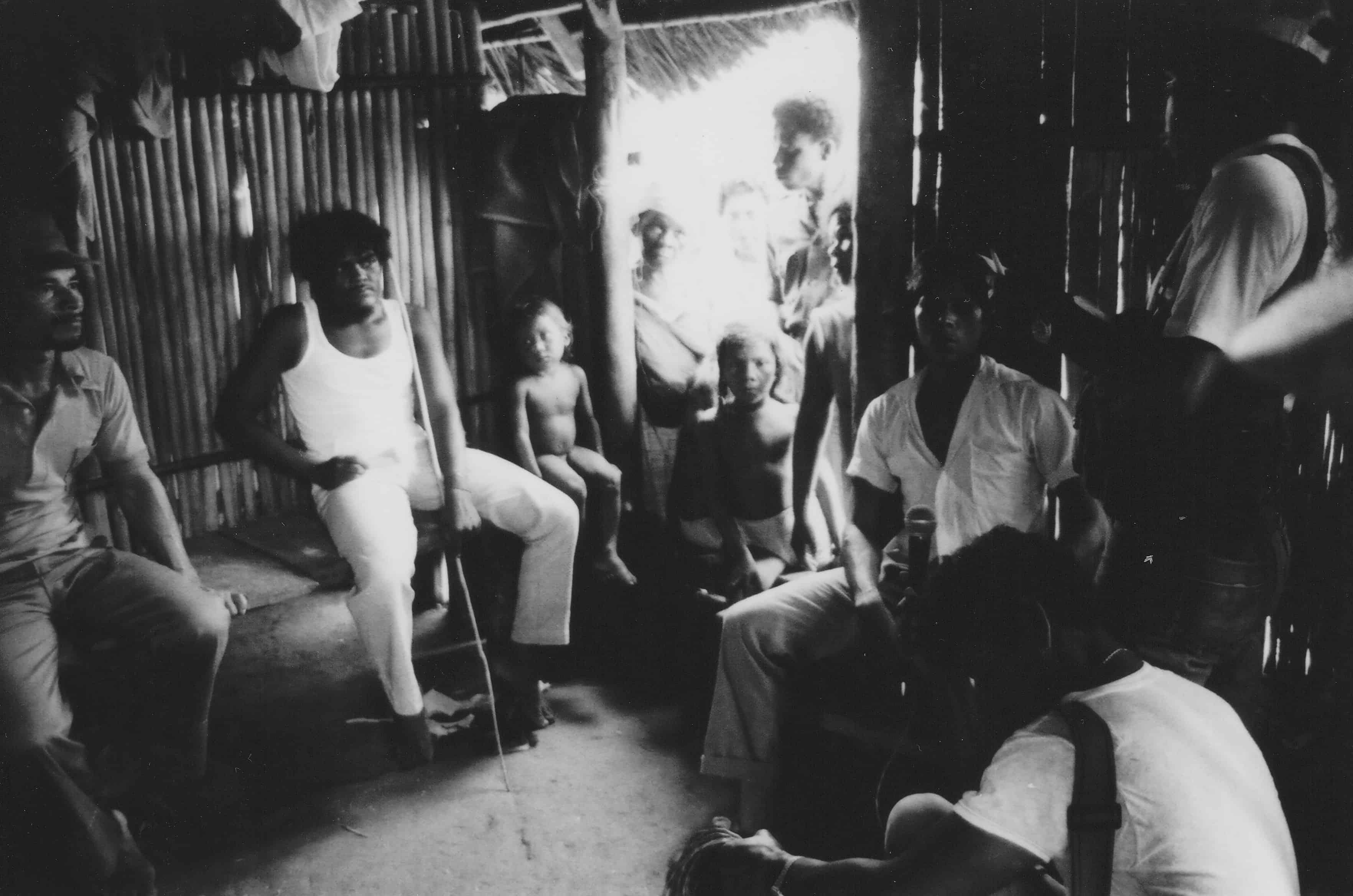DELTA Air Lines, the airline that pioneered regularly scheduled international flights to Liberia’s DanielOduberInternationalAirport in the northwestern Guanacaste province, is showing no sign of slowing down.
Next month, Delta will add an additional weekly flight between Liberia and Atlanta’s HartsfieldInternationalAirport, raising its number of weekly flights to six.
The airline is also planning to continue expanding throughout Latin America, a region it says is full of potential.
“Given the crisis the [airline] industry underwent following the Sept. 11 (2001) terrorist attacks and other events, Delta was forced to settle on a strategy of survival,” said Jorge Fernández, Delta’s director for Latin America and Caribbean.
“The outlook is very different now. We see Latin America as a profitable unit where we can grow. We’ve gone from an outlook of survival to one of growth,” he told The Tico Times.
THE gamble Delta took when it decided to begin regular flights to Liberia in December 2002 has paid off. Since then, the flights have had an average occupancy rate of 75%. More recently, with the start of the tourism high season, the occupancy rate has risen to well above 85%, Fernández said.
Delta proved Liberia could be a successful and profitable destination for a major airline. Months after the flight began, American Airlines and Continental Airlines announced they would begin nonstop service to Daniel Oduber from Miami and Houston, respectively.
Fernández said the airline is not worried about the increased competition. Delta is confident its vast network of connecting flights throughout the East Coast of the United States and Europe (Delta says it is the leading U.S. airline in transatlantic flights) will continue to provide the steady stream of tourists necessary to make Liberia flights successful and profitable, he explained.
TO thank Delta for taking the risk, the Liberia Chamber of Tourism (CALITUR) held a series of activities last Saturday honoring the airline and Chris Floistad, general manager of international network analysis for Delta and the person who had the final say in creating a permanent Liberia route.
CALITUR treated Delta executives to a guided tour of Liberia, during which the AscensionEsquivelElementary School and the Liberia Soccer Club honored Floistad for contributing to the community’s development.
Afterward, Delta personnel were taken to Rancho Chácara, a new tourism complex featuring traditional Guanacaste bull riding and typical Tico food.
“A year after Delta began flying to Liberia, the impact has been overwhelmingly positive,” said CALITUR president Pedro Muñoz.
“It’s only just beginning. Delta’s flights have forced Liberians to get moving. We have to ponernos las pilas to make the most of the new opportunities that are coming to the region,” Muñoz said.
Liberia Mayor Ricardo Samper was equally grateful.
“Thank you very much,” Samper told Delta representatives. “You have helped revolutionize this town.”
DELTA executives said they were honored by the warm welcome they received from the WhiteCity, so named after the limestone used to build many of the town’s original roads and buildings.
“Delta wanted to open a new market, a Costa Rican market,” Floistad said. “This community makes us proud of what we have done as pioneers of flights to Guanacaste. We look forward to many years ahead for the successful partnership between Guanacaste and Delta.”
Fernández said he firmly believes the future of the Delta-Guanacaste partnership will be a bright one.
“Our decision to begin flying into Liberia was part of Delta’s philosophy toward Latin America,” he explained. He attributed most of the flight’s success to local hotel and business owners who, from the very beginning, played a key role in convincing the airline to consider Liberia.
“To succeed, it’s important to identify a mutual interest. We wanted to share the region with the rest of the world, to build a bridge. We believe in Guanacaste’s vision of development. We have established a partnership with Guanacaste that will benefit the region,” he said.
FERNÁNDEZ said he is optimistic about tourism in Guanacaste and Costa Rica in general.
“There’s a lot of competition between tourist destinations,” he said. “When people in the United States turn on their televisions Saturday morning, they are bombarded with ads from the different destinations. Despite this, people choose Costa Rica. The country has done a phenomenal job of promoting itself.”
He said the country’s unique relation with the environment is the differentiating element that makes Costa Rica stand out in the highly competitive tourism market.
“Tourists who come to Costa Rica usually think of nature,” he said. “When you ask people about the Caribbean, they say beach and sun. When you ask them about Cancún, they say beach, sun and parties.
“But when you ask them about Costa Rica, they say many things – jungle, volcanoes, adventure tourism, national parks, deep sea fishing – in addition to beach and sun,” he explained.
TO make the most of the new flights, Fernández stressed the need improve the DanielOduberInternationalAirport so it can better handle the region’s growing tourism and export markets.
“We ask two things of Guanacaste,” he said. “It must maintain solid airport infrastructure that guarantees the security and safety of travelers, which is part of what we consider customer service.
“Significant improvements are also required in cargo,” he added. “Improved handling of cargo would create a valuable opportunity for the region’s perishable exports, such as tilapia fish, which is quickly earning a name for itself in foreign markets.”
He also called on the growing U.S. and European expatriate community in Guanacaste to take part in the region’s partnership with Delta.
Delta wants to make sure these residents know that its flights can provide a valuable connection allowing them to keep in touch with friends, families and businesses back home, he said.


